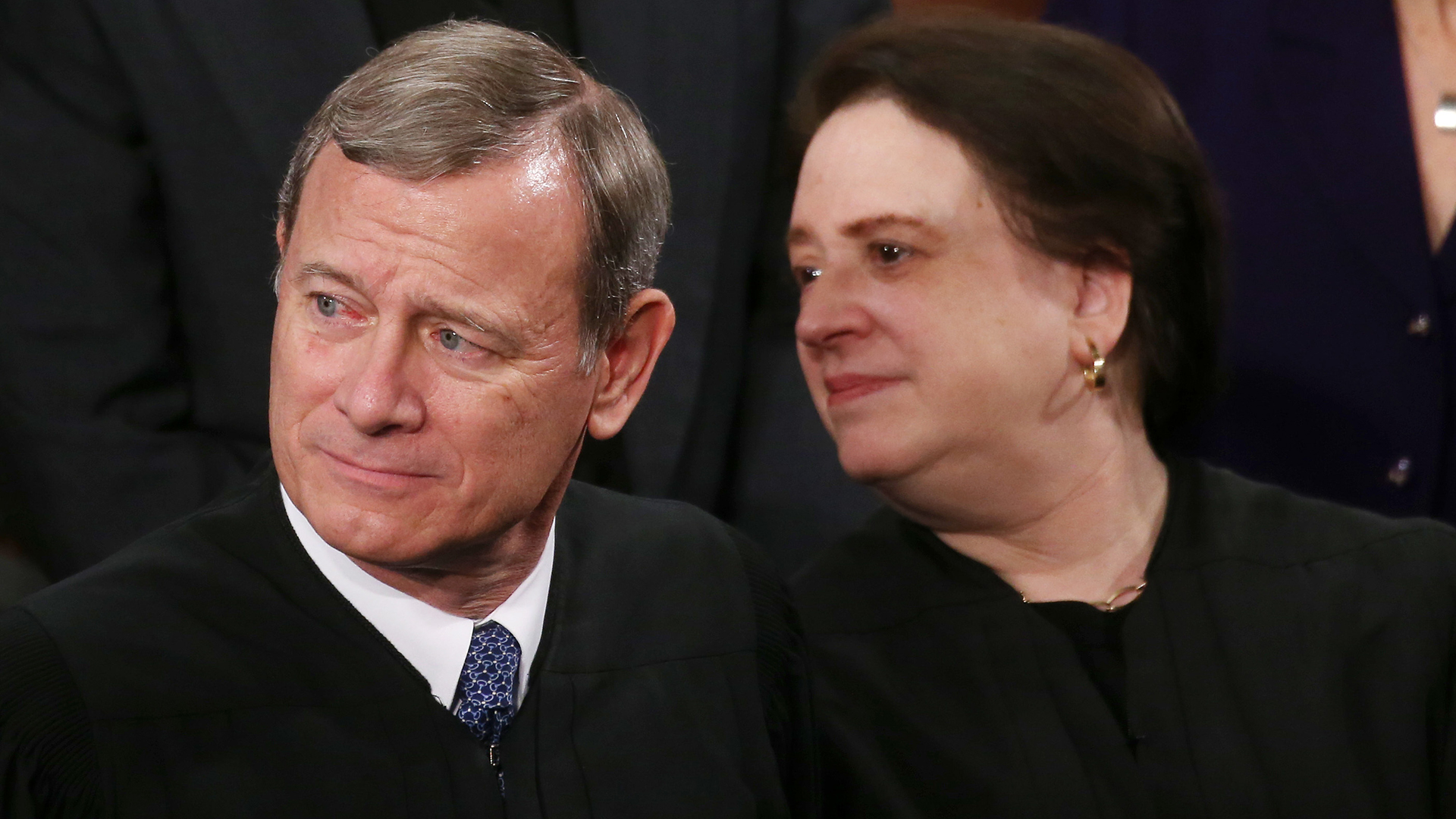OPINION: This article may contain commentary which reflects the author's opinion.
The Supreme Court has given a victory to the administration of President Joe Biden by dismissing a case by Republican state officials.
The case sought to have those officials take over the legal defense of a hardline immigration rule that was created when former President Donald Trump was in the White House, Reuters reported.
The unsigned one-sentence ruling “dismissed as improvidently granted” an appeal by 13 Republican state attorneys general led by Arizona’s Mark Brnovich seeking to defend the rule in court after Democratic President Joe Biden’s administration refused to do so and rescinded it. The rule widened the scope of immigrants deemed likely to become a “public charge” mainly dependent on the government for subsistence.
The state attorneys general had hoped to ask lower courts to throw out decisions that sided with various challengers to the rule, including a number of Democratic-led states.
Biden’s administration in February proposed a new public charge rule that it called more “fair and humane.” It would avoid penalizing people for seeking medical attention and other services.
Trump’s rule was in effect from February 2020 until Biden’s administration rescinded it in March 2021, acting on a decision in a separate legal case in Illinois that vacated the rule nationwide. Republican state officials also sought to intervene in that case in their uphill battle to revive Trump’s rule.
Chief Justice John G. Roberts Jr. penned a concurring opinion in which he said the case had presented “a host of important questions.” He said that a “mare’s nest” of procedural issues prevented those questions from having a resolution, The New York Times reported.
He said that the dismissal “should not be taken as reflective of a view” on how the questions should be answered and said that the court could answer them at some time.
“The benefit to taxpayers is a long-term benefit of seeking to ensure that our immigration system is bringing people to join us as American citizens, as legal permanent residents first, who can stand on their own two feet, who will not be reliant on the welfare system, especially in the age of the modern welfare state which is so expansive and expensive,” Kenneth T. Cuccinelli II, who was the acting director of United States Citizenship and Immigration Services, said in 2019.
But Democrats said that the rule was cruel to immigrants who do not have the financial resources of some others.
“This news is a cruel new step toward weaponizing programs that are intended to help people by making them, instead, a means of separating families and sending immigrants and communities of color one message: You are not welcome here,” Marielena Hincapié, the executive director of the National Immigration Law Center, said.
“It will have a dire humanitarian impact, forcing some families to forgo critical lifesaving health care and nutrition. The damage will be felt for decades to come,” she said.
The Times reported.
The policy was challenged in lawsuits around the nation, and several federal judges blocked it. But in January 2020, by a 5-to-4 vote, the Supreme Court revived the policy while appeals moved forward.
After President Biden took office, his administration decided not to defend the policy in court. At the administration’s request, the Supreme Court dismissed a separate appeal that had reached the justices, and lower federal courts took similar actions.
Relying on a nationwide ruling against the policy from the federal court in Illinois and without following administrative law procedures, the Biden administration then revoked the policy. (It has since started the process of issuing its own version.)
Arizona and a dozen other states sought to intervene in a case before the U.S. Court of Appeals for the Ninth Circuit, in San Francisco, to defend the Trump-era rule, saying that the Biden administration’s actions amounted to legal gamesmanship meant to ensure there would be no definitive ruling on whether the old policy was lawful. A divided three-judge panel of the appeals court denied the states’ motion.
